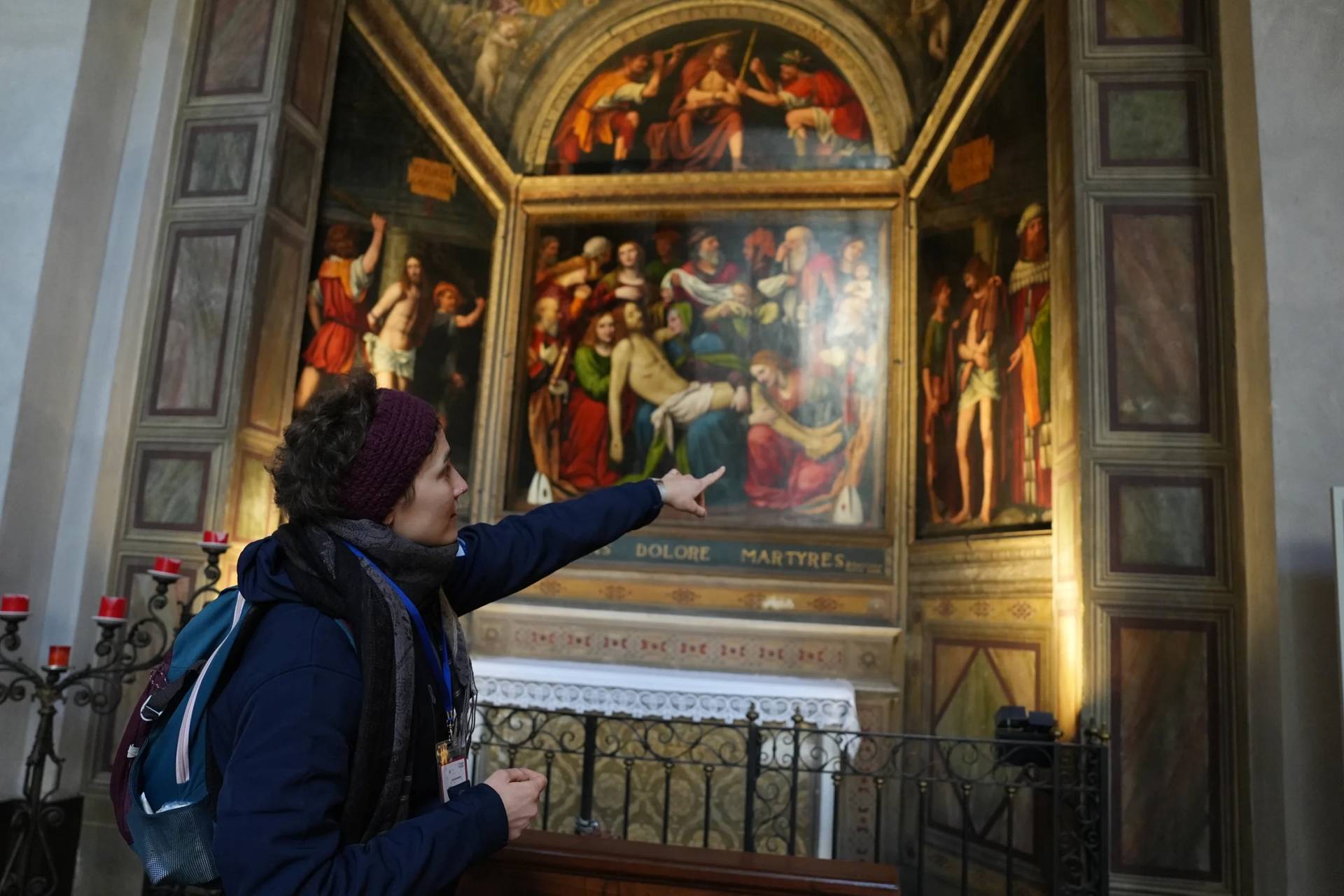ROME — Sunday saw the conclusion of the Synod of Bishops on the Amazon, and for the first time in recent major ecclesial events, there was no mention about the prevention of clerical sexual abuse of minors in the final document.
According to Mexican Cardinal Carlos Aguiar Retes, the only one who brought it up at length during the synod’s general assemblies was American Cardinal Sean O’Malley of Boston.
O’Malley heads the pope’s commission for the protection of minors and is often considered one of the Church’s most authoritative voices on this issue.
According to Retes, the question of preventing clerical sexual abuse in the Amazon region wasn’t front and center during the small group discussions because only “heroic priests who want to serve their people, who are ready to give their lives for their people” minster in places like the rainforest so they “have barely no cases of pederasty.”
However, he said the questions of sexual abuse within the family or networks of sexual exploitation was something that the bishops did discuss during the Oct. 6-27 meeting.
Crux spoke with Retes on Friday, before the end of the synod, to discuss an upcoming formation course being held in Mexico’s Pontifical University by CEPROME, an office within the university that serves as a research and formation center for the protection of minors.
As the head of the local church, Retes will be among the speakers of a Nov. 6-8 seminar on the protection of minors, which is addressed to the leadership of the Catholic Church in the Americas and all those who work on the prevention of these crimes within the institution.
Also speaking at it will be Cardinal Blase Cupich of Chicago; Archbishop Charles Scicluna of Malta, a key man in the section of the Congregation of the Doctrine of the Faith, the Vatican office that deals with cases of abuse; Jesuit Father Hans Zollner, a German who founded the Center for Child Protection in Rome’s Gregorian Pontifical University and a member of the pope’s commission on child protection; and Chilean layman Juan Carlos Cruz, a survivor of former priest Fernando Karadima, one of Chile’s most infamous pedophiles.
“If you don’t know what to do, you have to learn,” Retes said when asked about the members of the hierarchy who said they had covered up or otherwise mishandled cases of clerical sexual abuse because they didn’t know how to act.
“This is human logic: If you have a problem, more so if it’s a recurrent one, as it’s unfortunately been the case [on clerical abuse], you have to learn how to best address it. And it’s positive to have people and institutions willing to teach, because they’ve had to address these issues before.”
“At least in Mexico, no one today can claim that they didn’t know how to act,” Retes said.
He also noted that today, there are rules demanding metropolitan archbishops help the local bishops who might not have the knowledge or the resources to address allegations of abuse, to help survivors, and to gather the pertinent information.
In the case of Mexico, 12 of the 18 metropolitan sees already have fully formed, interdisciplinary commissions ready to help victims and survivors, and there’s a commitment from them to help the less prepared dioceses in safeguarding issues.
Retes said he believes that to fully combat clerical sexual abuse two things need to be done that are mid- and long-term projects: Working on priestly formation and changing the life style of diocesan priests.
Priestly formation, he argued, must be “cemented on a process of human and spiritual formation that guarantees that young men are conscious of the wounds they might have, to work with proper accompaniment to address them.”
Second, “priests cannot live alone,” he said. “Loneliness leads to vices, like alcoholism, or to crimes like these.”
“When a priest is accompanied, he has the strength of the community,” Retes said. “Being in community helps one to commit to our mission, also to be attentive to the pastoral efforts of others.”
For 13 years, Retes was the head of a seminary, which cemented his conviction that priests shouldn’t live alone; ever since he was made a bishop, he’s created several “pastoral units” in each diocese, with houses where the priests can live together. Appointed to Mexico City by Pope Francis last year, he’s already created nine, and is working on establishing more.
Follow Inés San Martín on Twitter: @inesanma
Crux is dedicated to smart, wired and independent reporting on the Vatican and worldwide Catholic Church. That kind of reporting doesn’t come cheap, and we need your support. You can help Crux by giving a small amount monthly, or with a onetime gift. Please remember, Crux is a for-profit organization, so contributions are not tax-deductible.













